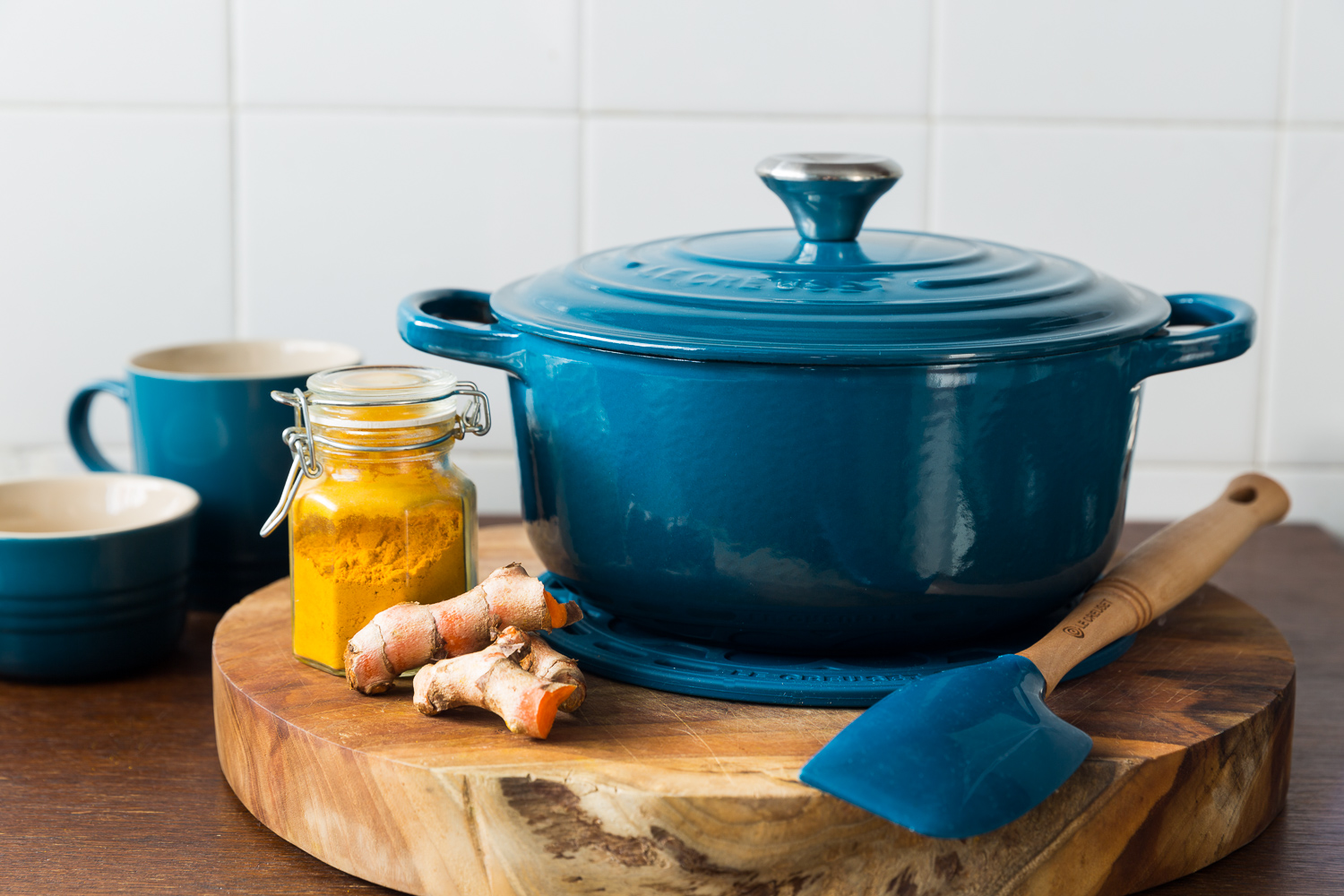An interesting notion has gained traction on the footsteps of Table Mountain that may not be familiar to most South Africans with their heritage of boerewors, biltong and ‘moer koffie’.
The notion? Coffee as a luxury artisan product, to be likened to the viticulture of a fine wine.
Ask any self-proclaimed aficionado who produces the best coffee and be prepared to listen to a passionate explanation as to why one should advocate a particular blend over another.
HAAS
Founded by Francois Irvine, Glynn Venter and Tess Berlain in 2010, Haas was originally a gallery and store offering objet d’art. Originally situated in Bo Kaap, Haas recently moved to bigger premises on Buitenkant Street in the CBD.
Haas imports beans from Indonesia and Brazil and also imports Kopi Luwak, the world’s most coveted coffee. (Kopi Luwak undergoes a rigorous rite of passage through the digestive tract of an Indonesian palm civit). Whether this is an ethically responsible product or not, I would recommend further reading into the trade and procurement practices for any prospective consumer.
My favourite is the House Blend –A rich, caramel flavoured, medium strength coffee.
The food matches the outstanding quality of the coffee and the décor indulges the senses at every turn.
ORIGIN
The origins of Origin?
Origin was founded by Joel Singer and David Donde (who left Origin in 2009) and was the original kid on the coffee block 10 years ago. The team is almost single handedly responsible for bringing coffee culture to Cape Town through the establishment of a dedicated barista school and establishing one of the first specialty coffee associations.
The tenets of the brand – quality, patience, craft and perfection – are synonymous with the outstanding quality and taste of the coffee.
Origin import their beans from Africa, South and Central America and Asia Pacific.
Definitely try the siphon coffee – it brings out the exquisite aromas and nuances of the blend.
Bagels are baked every day – A MUST HAVE.
ESPRESSO LAB MICRO ROASTERS
Situated at the Old Biscuit Mill, Espresso Lab is at the forefront of coffee experimentation.
Founded in 2011 by Helene and Renato, their approach to coffee is precise – a hybrid of science meets holistic conscientiousness. The paradoxical nature of this roastery leaves an indelible mark on the senses.
Their coffee boasts a lower caffeine content, due to the origin of the beans. Beans grown in tropical regions have a higher caffeine content – caffeine being the coffee beans’ natural defense mechanism to ward off untoward visitors (insects and baristas sporting Acapulco shirts.) Beans are fruitier, allowing them to push the boundaries on drinking methods.
The apple juice, star anise, cinnamon and espresso cocktail named the Apple Fizz, is a definite must try.
Don’t visit Espresso Lab to keep things simple - Be adventurous.
DELUXE
Founded by Carl Wessel and Judd Francis Nicolay, the Deluxe crew have always struck me as the ’bad boys‘ of the coffee clan. Deluxe opened in 2010 and has continued to charge ahead of its contemporaries, showing up in the unlikeliest places considering its humble origins.
Tattoos, beards and a cavalier, devil-may-care attitude are the order of the day at Deluxe and I have a feeling that sticking it to ’the man‘ has never tasted so good.
Deluxe’s simple, honest approach to coffee pays off.
A sweet coffee as it’s predominantly a South American bean with a definite chocolate flavour. Think of it as a cookies and cream coffee, rounded off with an Ethiopian bean.
TRUTH
Aside from the fantastical steampunk interior of Truth coffee HQ, the stand out performer has to be COLLOSUS – Truth Coffee’s cast iron drum roaster, circa 1940.
Founded by David Donde in 2009, this coffee house has an incredible energy with friendly staff and astounding futuristic Victorian décor. Situated on Buitenkant Street in the CBD, Truth has been called “The best coffee shop in the world” by Tom Midlane, travel writer for MSN.
The coffee is creamy, strong and packs a punch – for the real caffeine fiend.
The interior is so fantastic that you feel as though you are lost in another era with great coffee, good food and quick service.
ROSETTA
Founded in 2010, Rosetta Roastery is tucked away in the Woodstock Exchange, and is as small and quaint as their roaster. Owned by Jono Le Fevre and Rob Cowles,
variety is key to what they create. They pride themselves on representing the wide variety of flavours that exist naturally within coffee
Try the Reko Ethiopian bean, light in body and with intense aromatics with floral and citrus notes, making it a great filter coffee served as an Americano with no milk, so as not to destroy flavour.
In closing, with beans ethically hand picked from across the globe, delicate roasting formulas and specific pouring techniques from all these houses, I ask myself, why people are prepared to pay more for a fine wine yet they expect a fixed price on a cappuccino? The answer is a lack of education. Thankfully these coffee masters are leading the way and showing that coffee is not a generic taste to be found in a tin but rather it is something to be respected, mastered and appreciated for all its aspects.
This article was also published with Crush magazine online, check it out here
-Melissa




























